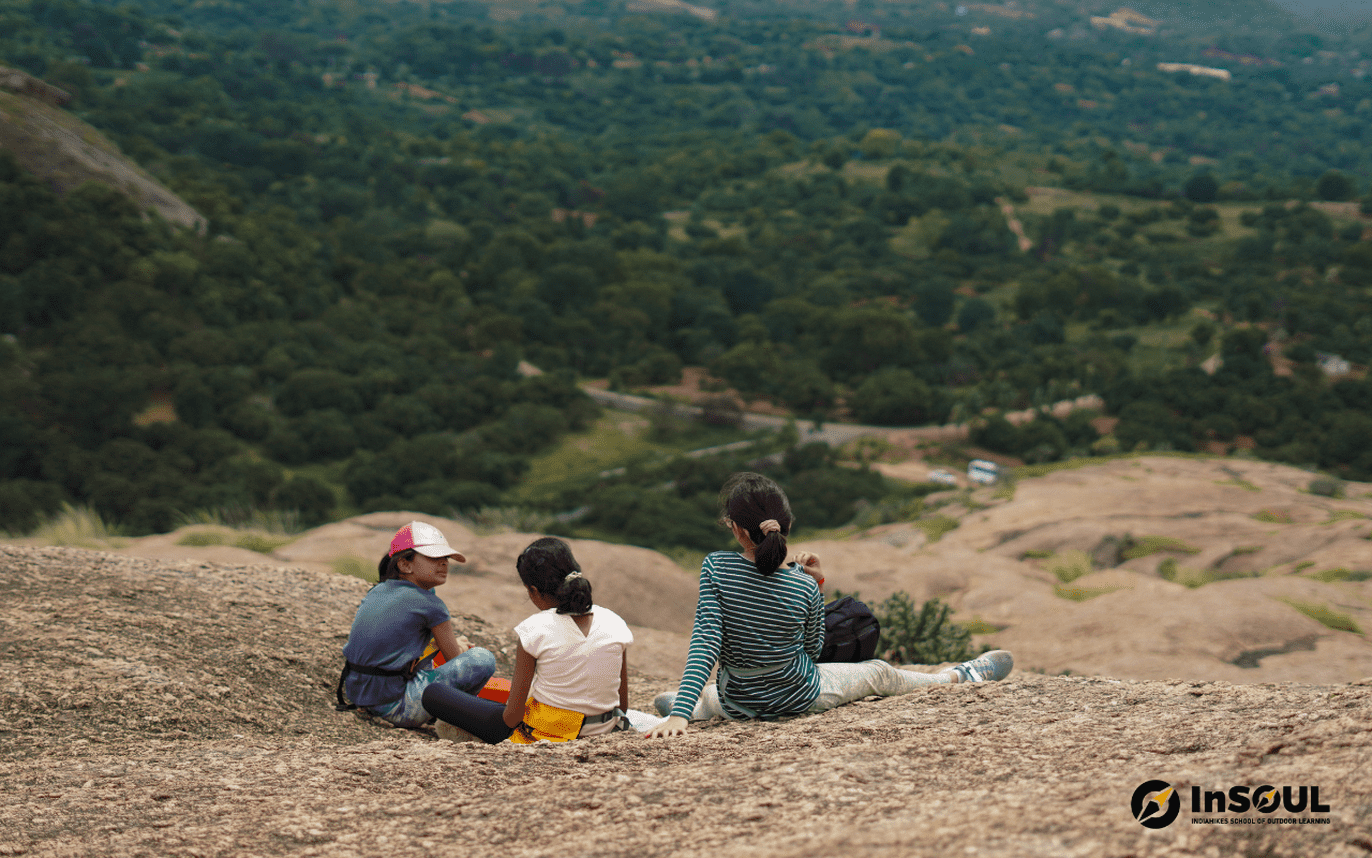
John Dewey’s belief that “education is not preparation for life; education is life itself” continues to resonate , especially as Indian education moves forward with the vision of the National Education Policy (NEP) 2020.
With its emphasis on experiential, holistic, and student-centered learning, the NEP 2020 invites educators to explore more engaging and meaningful approaches to teaching.
Our workshops support this shift by offering teachers the chance to immerse themselves in hands-on, reflective learning experiences.
When educators participate in such practices where they collaborate, explore and reflect, they gain valuable insights into how these methods can come alive in their own classrooms.
This empowers teachers to deepen student engagement, place them at the centre of the learning process, nurture critical thinking, and create stronger connections between learning and the real world, all while building on their existing strengths as educators.



Our workshops are designed for a wide range of educators and school teams. They are relevant for teachers across all grades, curriculum designers who shape learning frameworks, and academic coordinators who guide implementation. Entire school faculties can also take part, making it a collective learning journey that strengthens a school’s approach to education.

Schools can choose from different formats depending on their needs. Workshops can be conducted on-campus, and schools also have the option to host at their premises while inviting teachers from other schools, turning it into a collaborative and enriching experience. For schools seeking lasting impact, we also offer an ongoing mentorship and practice model that supports teachers in applying their learning over time.
This workshop gives teachers a first-hand experience of the core ideas behind our approach. It’s a compact format that introduces key concepts, practical strategies, and simple tools that educators can immediately take back to their classrooms.
A 2–3 day deep dive creates the space for teachers to go beyond introductions and really engage with the methods in depth. Over these sessions, they participate in hands-on practice, try out activities as both learners and facilitators, and reflect on how these approaches can be adapted to their own classrooms.







